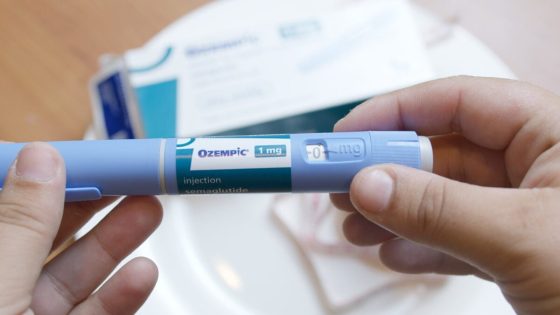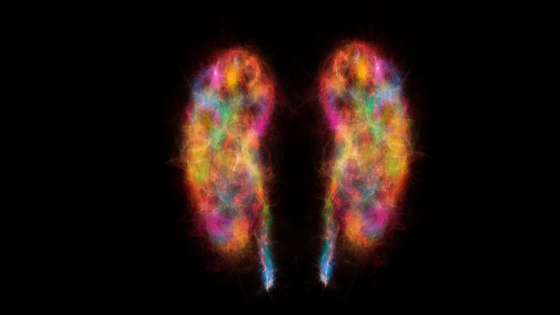Dementia is often associated with forgetfulness, but it encompasses much more than memory loss. Behavioral changes can be the first signs, often overlooked as mere stress or aging. On July 12, 2025, experts highlighted the importance of recognizing these early symptoms to ensure timely diagnosis and treatment.
- Dementia involves more than just memory loss.
- Behavioral changes often precede memory issues.
- Apathy can signal early dementia symptoms.
- Mood swings may indicate cognitive decline.
- Loss of empathy is a key warning sign.
- Early detection allows for better planning.
Many individuals may exhibit mood swings, personality shifts, or even apathy long before memory issues arise. Understanding these signs can be crucial for families seeking support and intervention.
Have you noticed unusual behavior in a loved one? It’s essential to recognize that these changes might not be mere personality quirks but potential indicators of dementia. Early detection can significantly impact the quality of life. Consider these recommendations:
- Monitor changes in mood and behavior closely.
- Consult a healthcare professional for cognitive screenings.
- Encourage open discussions about observed changes.
- Educate yourself about the different forms of dementia.
By staying informed and proactive, families can navigate the complexities of dementia more effectively. Don’t hesitate to seek help if you notice these signs in someone you care about.

































